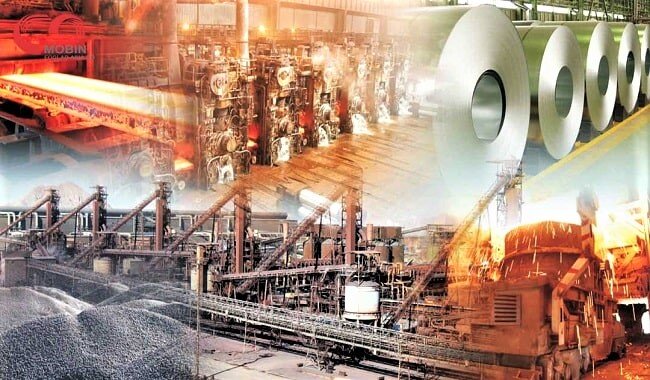Privatization a necessity to realize slogan of year

TEHRAN- The current Iranian calendar year 1402 (began on March 21) is named “Inflation Control, Production Growth” by the Leader of the Islamic Revolution Ayatollah Seyed Ali Khamenei.
“Production Growth” to achieve self-reliance is in fact the main approach of Iran to nullify the sanctions, and to materialize this slogan a number of factors should be seriously paid attention to, among them it could be referred to privatization.
While “Controlling Inflation” is a macro issue and the private sector can be less effective in this field, the government’s full support to the private sector, in a way that this sector feels the support as well as security and predictability, is a vital necessity to achieve “Production Growth”.
The implementation of the privatization plan aimed at more productivity, investment making, job creation, promotion of trade balance, more competition in the domestic economy, and reducing financial and management burden on the government has been under the spotlight over the past decade.
The law on the implementation of the general policies of Article 44 of Iran's Constitution on privatizing state-owned companies was declared in 2006 in a bid to downsize the government and promote the private sector’s role in the national economy.
Experts and officials believe that the government should be downsized, while more attention should be paid to the private sector because it must be accepted that problems cannot be solved without the presence of the private sector.
What the Leader is referring to in his speech is that the government should be downsized and trust the private sector.
During his speech on Tuesday evening, Ayatollah Khamenei referred to the issue of privatization, and said: “The principle of privatization and the implementation policies of Article 44 are thought out, logical and correct; because the government cannot manage all affairs. Of course, our expectations have not been met, but good measures have been taken in the field of privatization”.
'Realizing slogan of year not possible without trusting private sector'
Last week, the Tehran Chamber of Commerce, Industries, Mines, and Agriculture (TCCIMA)’s committee for “improving the business environment and removing production barriers” held its 32nd meeting to discuss and investigate the requirements to fulfill the motto of the year.
At the beginning of that meeting, Mohammad-Reza Najafimanesh, the chairman of the mentioned committee pointed out that a smart slogan was chosen for this year and said: “We must try to make this slogan come true by solving existing problems and preventing new problems for economic enterprises.”
Mohammad Esabati, the expert of this commission, for his part, while pointing out the importance of following up on the Leader’s statements, referred to a selection of his words regarding economic issues such as using the people's ability in the economy.
Representatives of the private sector in the meeting mentioned that the reduction of government interventions in the economy as one of the most important requirements for realizing the slogan of the year.
Meanwhile, as stated by the chairman of the Chamber of Commerce, Industries, Mines, and Agriculture of Fars province, realizing the slogan of year is not possible without trusting the private sector.
According to Jamal Razeqi, in the current situation, any strategy for the economic development of the country will be based solely on trusting the private sector.
Referring to the naming of the year as “Inflation Control and Production Growth” by the Leader, the private sector representative said, “To fulfill the motto of the year, each sector, including the private sector, has a duty that if fulfilled, we will achieve curbing inflation and production growth.”
So, to realize the slogan of the year, the real position of the private sector and the opportunity to compete should be taken into consideration by decision makers.
In this due, challenges to starting production in the private sector, such as difficulties in receiving facilities, must be resolved. The problems of each industry must be investigated and solved separately. Investment in research and development units should be increased, and the import of machinery and new technologies that are necessary for the growth of production should be facilitated.
